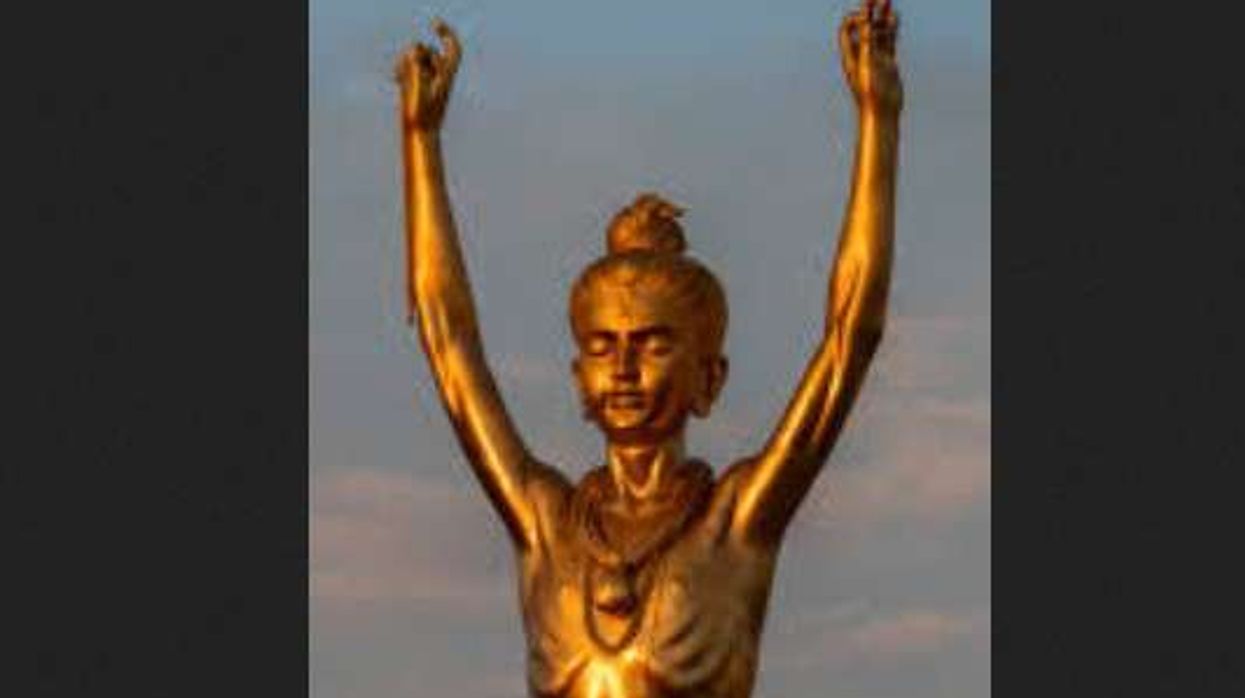Sixteen people were sentenced to death on Thursday (24) for burning alive a Bangladeshi teenager who refused to withdraw sexual assault charges against her head teacher.
The case highlights what activists say is a culture of impunity over sexual violence in the South Asian country of 168 million people, as well as abuse rife in around 20,000 seminaries that educate mostly poor and rural students.
Nusrat Jahan Rafi was doused in kerosene and set on fire on April 6 after she made a sexual harassment complaint against the principal of her rural Islamic seminary.
The head teacher, who a court in the southern coastal town of Feni found had ordered the brutal killing from jail after being arrested over the harassment claim, was among those sentenced to death.
Others included activists from the ruling Awami League party and some students -- including two females -- who either participated in the killing or guarded the gates of the seminary while it took place.
"The verdict proves that nobody will get away with murder in Bangladesh. We have the rule of law," prosecutor Hafez Ahmed told reporters after the verdict in a crowded courtroom.
Rafi was lured to the rooftop of the seminary in Sonagazi where her attackers pressed her to withdraw the complaint she had filed with police.
When she refused, she was tied up, doused in kerosene and set on fire.
She suffered burns to 80 percent of her body and died in hospital four days later.
Her death triggered widespread horror across the nation, with protesters in the capital Dhaka staging days of demonstrations seeking "exemplary punishment" for the killers.
The murder put pressure on prime minister Sheikh Hasina to do more to protect women, with her government ordering some 27,000 schools to set up committees to prevent sexual violence.
- 'Not a big deal' -
Rafi had gone to police in late March to report the sexual harassment, and a leaked video shows the local station chief registering her complaint but dismissing it as "not a big deal".
Police said the attackers' plan had been to pass off her death as suicide, but this failed after Rafi managed to stagger down the stairs while still engulfed in flames.
Activists say many of the women and children who report sexual violence in Bangladesh often suffer a backlash, and that successful prosecutions are rare.
Rafi's case was fast-tracked, with the hearing taking only 62 days at a special tribunal hearing cases of violence against women and children.
Maleka Banu, head of a woman's rights group, said: "It is an exemplary punishment. We hope it will send a serious message to the perpetrators and collaborators of sexual violence."
She said she hoped the verdict would work as a deterrent and would bring down "alarming rise" in sexual violence in the country.
Since the arrest of the principal, at least five more madrasa teachers have been held on charges of rape and sexual assault of their students.
The head of the Mahila Parishad, another women's rights group, gave a "guarded welcome" at the quick conclusion of the case, but said more needed to be done to ensure increased convictions for sexual harassment and rape cases.
According to that group, there were 731 incidents of sexual violence reported in the first six months of the year, including 592 rapes, 113 gang rapes and 26 women who were killed after being sexually assaulted.
Researcher Rezaur Rahman Lenin said on average more than 200 people are sentenced to death each year in Bangladesh, and as of May around 1,500 people were on death row
The number of executions carried out is less than 10 a year.
Defence lawyers said they would appeal against Thursday's verdict in the high court.











